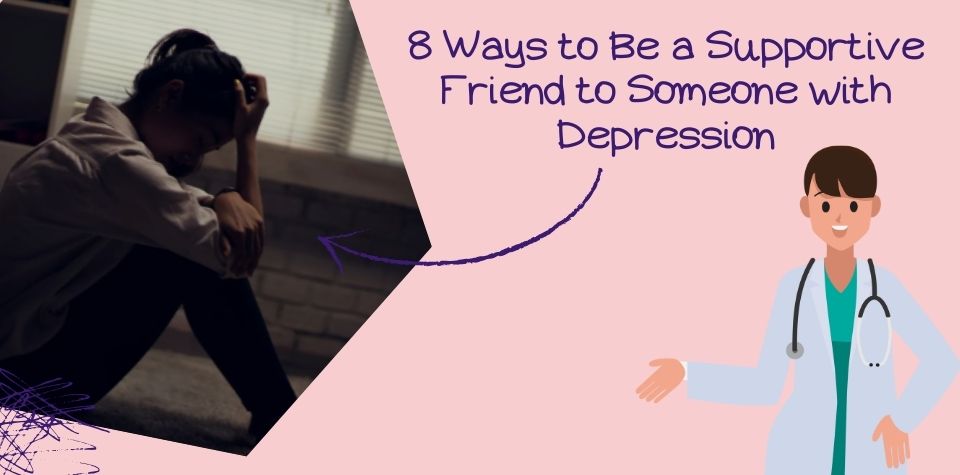Mental health conditions include our social, psychological, and emotional well-being. It impacts how we act, feel, and think and helps determine how we relate to people, deal with pressure, and make choices.
Mental health is a vital element at every stage of life, from childhood and adolescence to adulthood. If you face mental health issues, your behavior, thinking, and mood can be affected over the course of your life.
Factors that contribute to mental health issues
Mental illnesses are problems that may impact a person’s mood, thinking, emotions, and behavior. They may range in severity from modest to acute. The NIMH [National Institute of Mental Health] says almost one in five adults suffer from a mental health issue.
Various factors contribute to mental health issues, such as
- Life experiences such as mental trauma or abuse
- Biological factors, like brain chemistry or genes
- Past experience of mental health issues
Why is mental health essential for overall health?
Mental health is as vital as physical health, as they both are major components of overall health. For instance, depression enhances the risk for many types of physical health issues, mainly long-lasting conditions such as stroke, diabetes, and heart disease. Similarly, the availability of chronic conditions may enhance the chance of mental illness.
Can mental health change over time?
Yes, a person’s mental health may change over time, depending on various factors. A person’s mental health may be harmed when demands are greater than their resources and coping mechanisms. For instance, if someone is working many hours, caring for close ones, or facing economic hardship, they may face poor mental health.
Early warning symptoms and signs
Are you the one who is not sure if you or someone you know is living with mental health issues? Facing one or more of the following behaviors or feelings can be an early symptom of a problem-
- Feeling hopeless or helpless
- Sleeping or eating too little or too much
- Having no or low energy
- Fighting or yelling with close ones and friends
- Self-harming thoughts
- Drinking, smoking, or taking drugs more than usual
- Feeling forgetful, unusually confused, upset, angry, scared, or worried
Do you think your close ones may suffer from a mental health condition? Talking about mental health can be a tough task. In the further lines, you may learn about common mental health facts and myths and read about strategies to help you get the conversation started.
Strategies for living well with a mental health condition
Mental health conditions may make it a challenge to work, stick to a daily schedule, keep up with school, have socialized, healthy relationships, maintain hygiene, and more.
However, with consistent and early treatment- often a combination of psychotherapy and medicine, it is possible to handle these conditions, overcome difficulties, and lead to a productive, meaningful life.
Today, there are innovative tools, evidence-based treatments, and social support systems that make people feel better and pursue their motives. A few of these tools, tips, and strategies include-
Stick to a treatment plan
Even if you stop facing symptoms, do not stop going to taking medicine or therapy without a healthcare expert’s guidance. Work with a healthcare expert to safely adjust medication or doses if required to continue a treatment plan.
Learn about mental health conditions
Being educated about mental health may help you stick to your treatment plan. Education may also help your loved ones be more compassionate and supportive.
Practice a self-care
Manage stress with activities like tai-chi or medication; exercise and consume healthy, and get proper sleep.
Reach out to friends and family
Managing relationships with others is essential. In times of rough spells or crises, reach out to them for help and support.
Get enough sleep
Proper sleep helps to improve your mood, brain performance, and overall health. Consistent poor sleep is connected with depression, anxiety, and other mental health problems.
Create coping skills
Developing healthy coping skills may help people deal with stress more easily.
A major number of people worldwide suffer from mental health disorders. If you are one of them, you may follow the above-mentioned tips to manage your mental health conditions properly.
For more health and technology-related updates, please visit this page.











